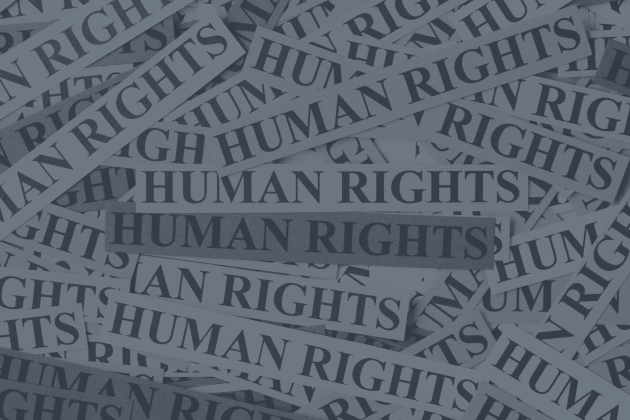
No matter what we look like or where we come from, we all have the right to make choices about our bodies and our lives. This means that we need resources like safe shelter, water, and healthcare in order to have autonomy over our sexual and reproductive health, our family planning, and our ability to raise our families in a safe environment.
These sexual and reproductive rights are human rights. In addition to things like safe food and water, we also have the right to health, privacy, democracy, education, freedom of expression, and freedom from discrimination and violence.
Human rights are universal. This means that every person in the world has the same right to health, safety, food and water, to be free from discrimination and violence, and to move freely within and between countries. These rights are universal, indivisible and interdependent.
It means you, here in Canada, have a right to safe shelter, accessible healthcare, and clean water.
And when other people in the world have their right to shelter, healthcare, and water taken away during times of war, that affects us all. We don’t have human rights until all of us have access to our human rights.
Human rights are connected. We can’t have some and not others. As we fight for sexual and reproductive rights here in Canada and around the world, we also fight for queer rights, racial justice, Indigenous rights, decolonization, climate justice, and disability justice.
Especially during times of global attacks on human rights, our advocacy for sexual and reproductive rights must be intersectional and universal. Together, we are fighting for a future where everyone has the freedom and resources to make choices about their health and bodies, live in safety in their communities, and have access to their full spectrum of human rights.
Human rights are for everyone, everywhere.